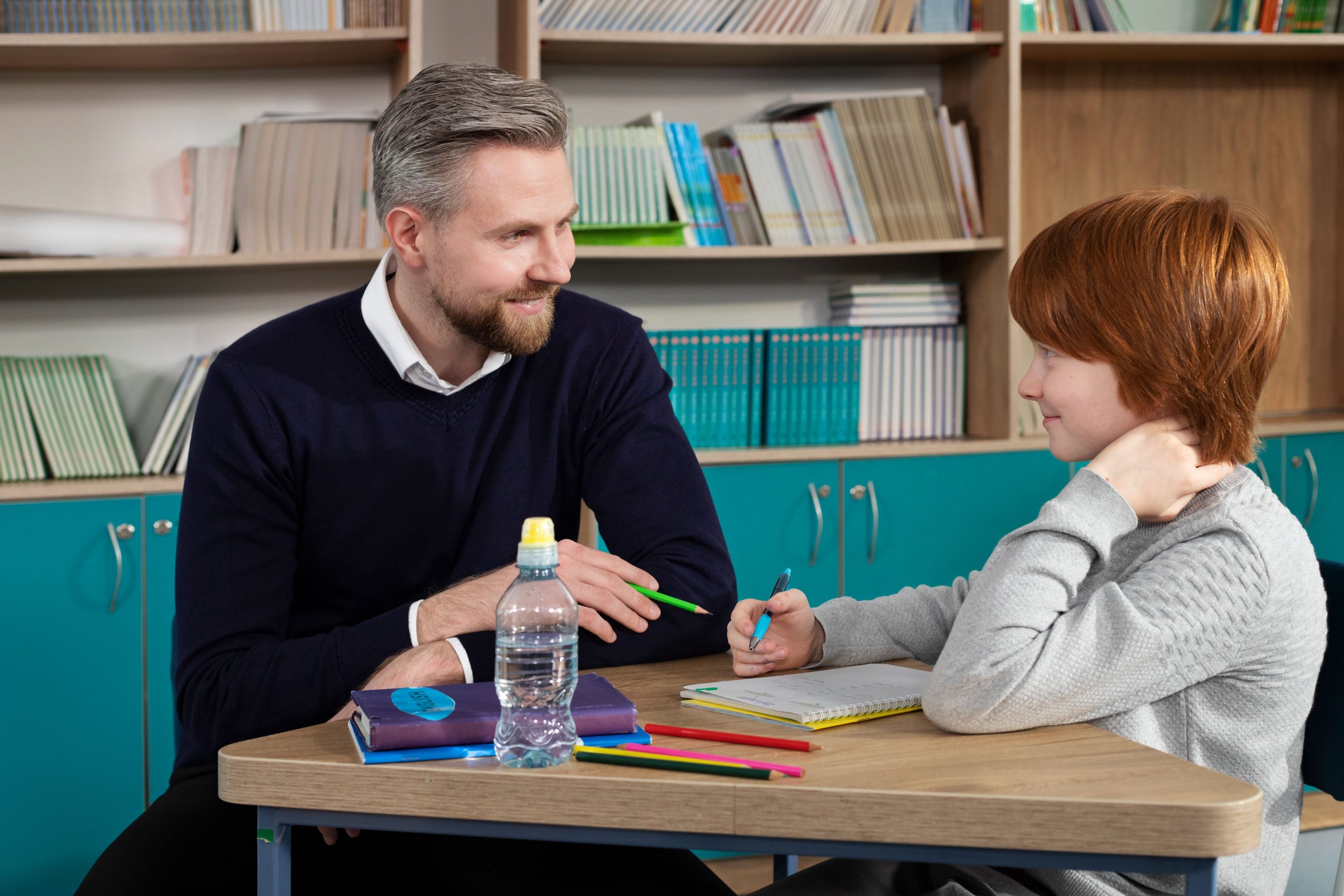
Individualize Lessons: The Importance of Individualizing Lessons: Understanding the Differences Between Teachers and Tutors
Teachers are trained professionals responsible for instructing groups of preschoolers in various subjects, following a curriculum and set lesson plans to ensure comprehensive education. Their main goal is to meet learning objectives set by the school, often measured through standardized tests or exams.
Teachers significantly impact preschoolers’ lives, shaping their attitudes towards learning through creative, patient, and adaptive teaching methods. On the other hand, tutors provide one-on-one support, tailoring lessons to individual needs and learning styles, focusing on areas needing improvement or additional challenges.
How Teachers and Tutors Differ
1. Classroom vs. One-on-One Setting
Teachers instruct in a group setting, while tutors tailor teaching to individual styles, enhancing effectiveness.
2. Curriculum vs. Personalized Lesson Plans
Teachers follow a set curriculum, limiting deviation, while tutors create customized plans based on individual needs and progress.
3. Assessing Progress
Teachers use standardized tests, tutors use continuous feedback, offering more immediate adjustments.
The Role of Technology in Individualized Lessons
Technology aids in tracking progress, providing feedback, and offering diverse learning resources, enhancing engagement and motivation.
The Importance of Communication and Collaboration
Effective communication and collaboration ensure coordinated and consistent lessons, essential for individualized learning.
The Role of Parents
Parents provide valuable insights into their child’s learning style, reinforcing learning at home and collaborating with teachers/tutors for consistent support.
Overcoming Challenges in Individualizing Lessons
Challenges include maintaining consistency, addressing diverse needs, and advocating for support from parents/administrators.
The Importance of Flexibility
Flexibility in instruction allows for adaptation to evolving needs, creating a more personalized and effective learning experience.
Creating a Safe and Supportive Learning Environment
A supportive environment fosters engagement, risk-taking, and social-emotional learning, crucial for academic and personal success.


